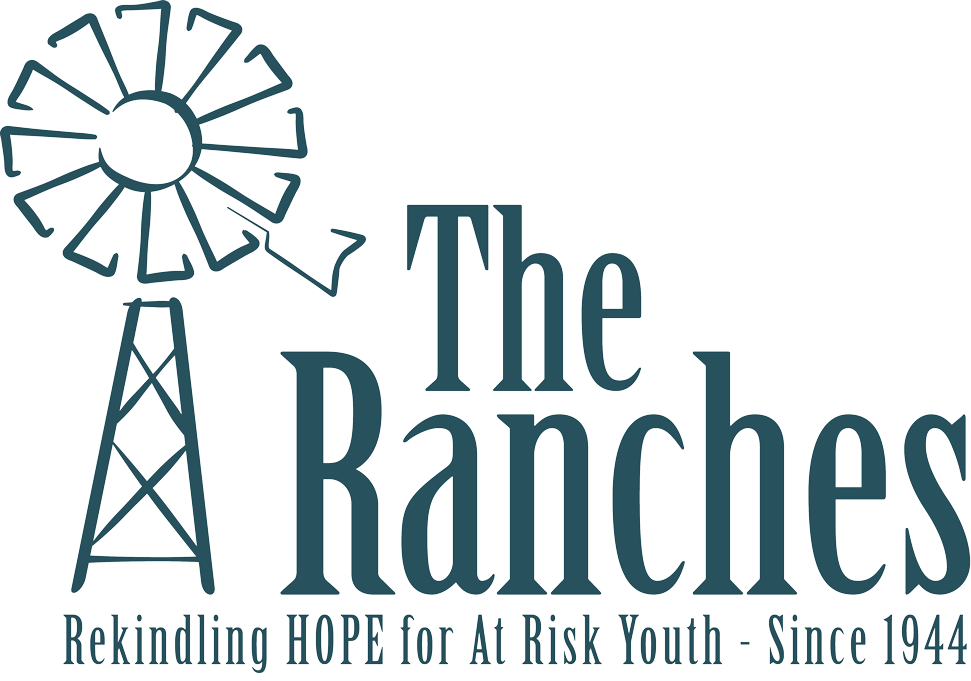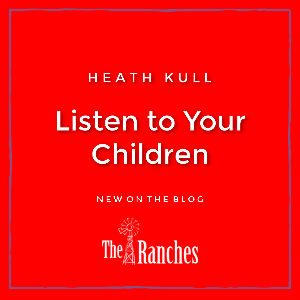Listen. God gave us two ears and one mouth so that we could listen twice as much as we talk. This is particularly important to young people. While it is important to remember that you don’t always have to agree, it is important to always listen to your children.
By Heath Kull
Follow up, open ended questions with “tell me more,” can help a lot. Once a child feels heard, it is amazing how well they will start to listen. Anger is usually reduced as well. Remind young people that you love them all the time. How many times does a kid need to know that you love them? I am not sure that there is one answer other than, “more than you think.” Additionally, remind kids that you like them. Love transcends all, but being liked is really important for young people; particularly for things that they do. “I like that outfit” or “I really like this meal that you helped with” or “I really like it when I open your door and see a clean room,” can all serve to reinforce that a child is liked as well as being loved. This also serves to reduce anger.
Stand up for the young people whom you love. While we all believe that we would stand up to someone who is bullying or trying to hurt a child we love, kids are sometimes hoping that you will stand up to teachers who are hard on them or unfair. They also want you to stand up for them when siblings or other family members treat them unfairly or harshly. Forcing everyone to apologize and forgive, “because we’re family,” does not make children feel protected. In fact, anger and resentment set in because young people learn that there are no consequences, in their own home, for hurting them.
Lastly, I encourage families to stop telling each other how to feel; or how not to feel. Anger comes from our emotional center and is best dealt with by validating the feeling and asking for more information. “I can see that you are angry. Can you tell me why?” is a much better approach. It also helps to spend time with angry kids and work to understand how they got angry before trying to talk them out of it. As adults, we tend to get angry when people tell us how to feel or how not to feel. Kids are no different and we can start by just being ok with the emotions that young people are feeling.
It is our hope that, one day, there will be no need for The Ranches and that every family will be able to work together to handle any and all challenges. While we are not there yet, we are hopeful that we will get there one day. Until then, we will all need to pitch in to help young people navigate the difficult years of adolescence. Anger is one of the most difficult emotions to deal with and handle in young people. I hope that this helps you or someone you know. This is part of our Windmill Approach and I hope we can continue to support family with your help.


